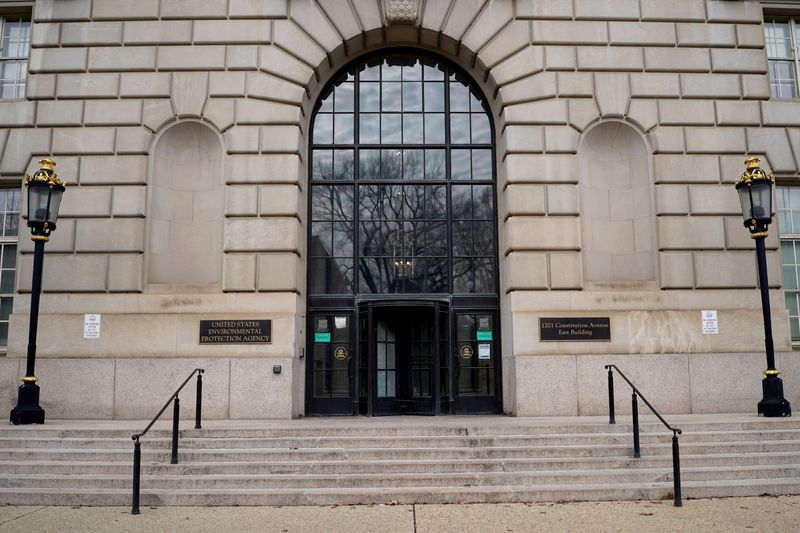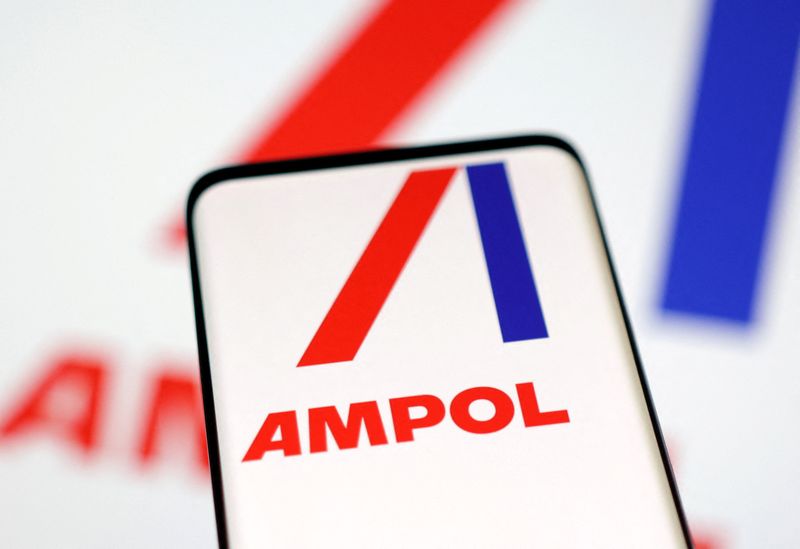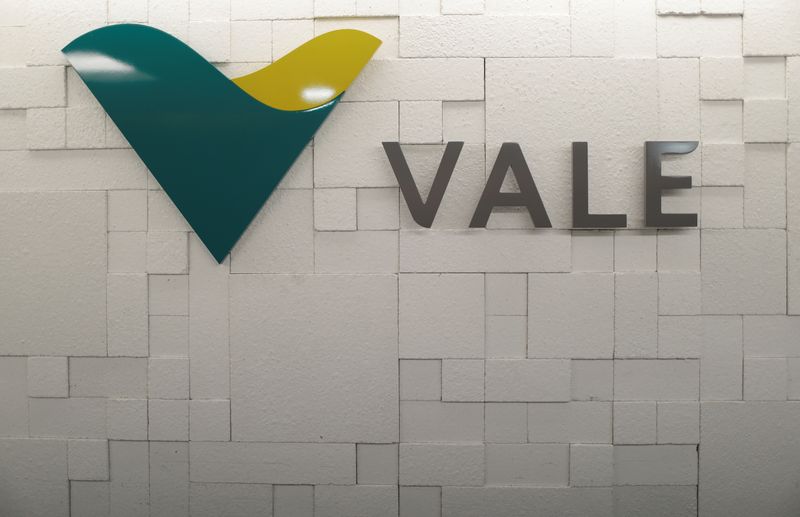Investors need to weigh in various factors when evaluating private companies. These may include the company’s book value, its profits, its cash flows, etc. Usually, public companies are easier to evaluate since most of the information is available through the stock market. However, the same does not apply to private companies. On top of other factors, investors also need to consider the illiquidity premium for these companies.
What is Illiquidity?
Illiquidity is a term that refers to the state of securities that investors cannot readily convert into cash. Illiquidity is the opposite of liquidity, which specifies how easy it is for investors to exchange assets for cash. The more liquid assets are, the easier it is for investors to get cash in exchange. However, illiquidity is the opposite. The more illiquid assets are, the more difficult it becomes for investors to exchange them for cash.
Illiquidity is highly crucial for investments as they are riskier compared to liquid assets. These assets have lower demand due to that reason. Similarly, illiquid assets experience more price volatility compared to liquid assets. The lack of high-volume market trading also contributes to the illiquidity of these assets. Despite that, investors may invest in illiquid assets for the illiquidity premium they can get on them.
What is the Illiquidity Premium?
The illiquidity premium is the returns that investors expect to get from illiquid investments above the market average. While the illiquidity premium may sound negative, it represents the higher returns investors get from illiquid assets. Therefore, it can be a positive thing for investors. The higher the illiquidity premium on investment is, the more investors will make from it.
Illiquidity premium only applies to illiquid assets. These usually include real estate or private company stocks. These assets are not as liquid as other options. Despite that, these offer higher returns than some liquid assets. These higher returns represent an incentive for investors that invest in illiquid assets. As mentioned, however, these also come with higher risks that investors have to take.
With illiquid investments, investors have to tie up their money for a long time. During this time, they can make income on other investments that are liquid. Since investors choose to invest in these illiquid assets, they expect these assets to provide higher returns than liquid investments. Therefore, they look at the investment’s illiquidity premium to determine how much returns they will generate.
What is the Illiquidity Premium for Private Companies?
As mentioned above, investing in private companies is usually more complex compared to public companies. Due to the low trading volume for these companies, their stocks are highly illiquid. However, some private companies offer higher returns compared to public companies. For investors, this represents the illiquidity premium for private companies.
However, quantifying the illiquidity premium for private companies is complex. Nonetheless, investors can use it to evaluate private companies. Investors can add the illiquidity premium to the cost of equity for a private firm. They can use it to compensate for the risks associated with investing in private companies. This premium will differ for each private company.
Conclusion
Investors prefer to invest in liquid assets. Liquidity represents how easy it is for investors to convert assets into cash. On the other hand, assets that investors can’t readily exchange for cash are illiquid assets. Illiquidity premium is the returns above the market average that investors expect to make on these assets.
Further questions
What's your question? Ask it in the discussion forum
Have an answer to the questions below? Post it here or in the forum




